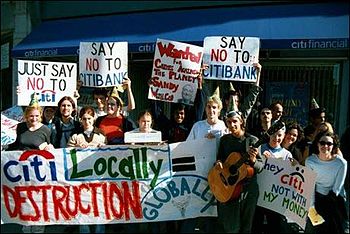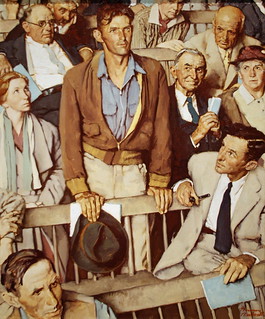
Some atheists have little interest in de-converting religious believers or anything we might call secular activism. They do not care whether others are religious, as they are not convinced that widespread religious belief is detrimental to humanity. They just want religious believers to leave them alone, and they do not see how efforts to help people escape religious belief or promote the separation of church and state translate into others being more likely to leave them alone. This post is not aimed at these atheists.
I am writing this post for the atheists who are interested in there being fewer religious believers, less religious influence exerted in society, and more atheists. How do we get there? How do we make more atheists? In this post, I am going to discuss four suggestions:
- Criticize religious belief
- Promote atheism
- Support atheists
- Confront our own hypocrisy and repudiate bad behavior among our ranks
I believe that we would be far more successful in our efforts if we organized and collaborated; however, I recognize that there is a great deal of resistance here. This was part of why I selected these four suggestions; these are areas where each of us can make worthwhile contributions individually.

